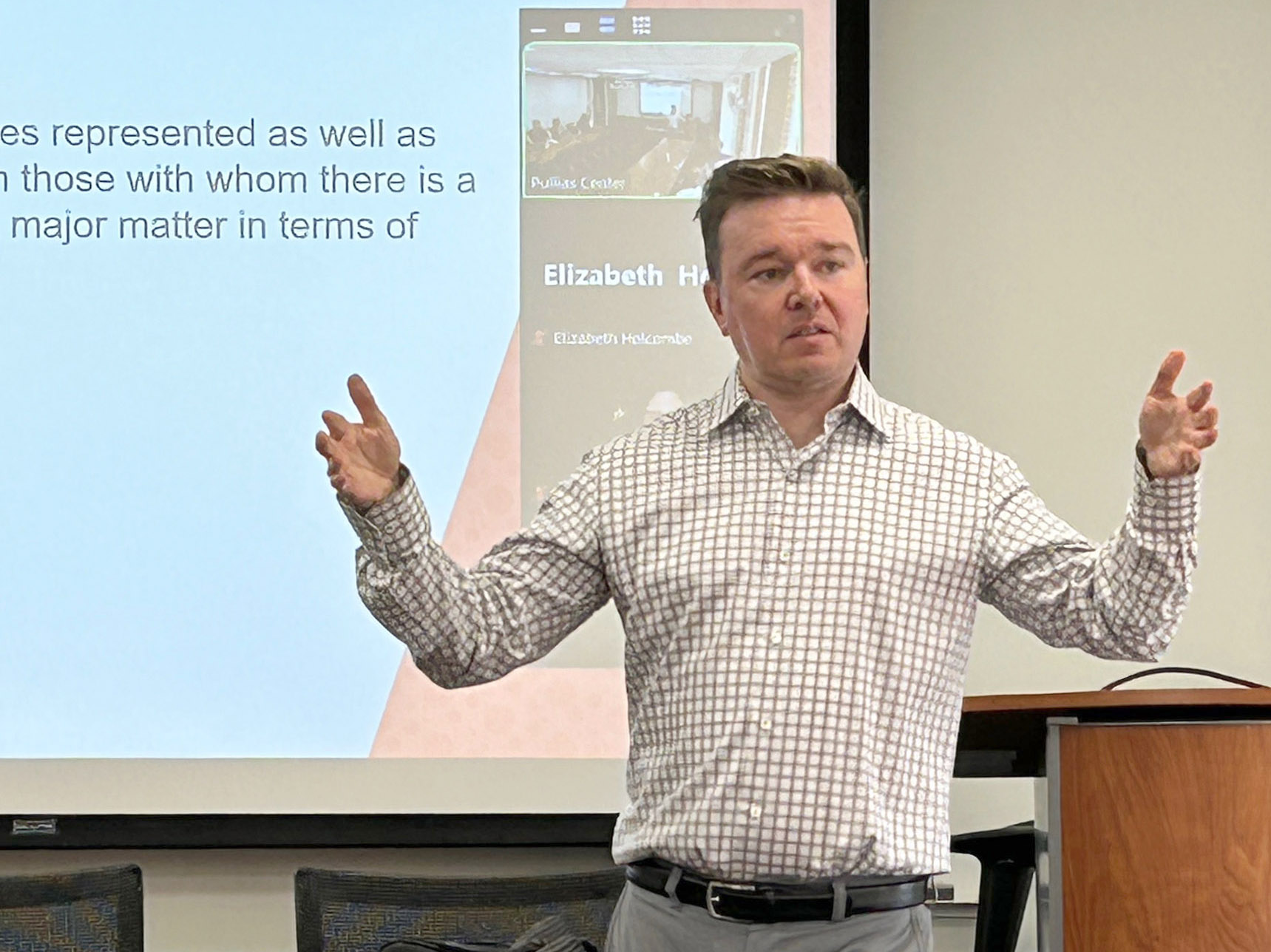The Promoting At-promise Student Success (PASS) Project's professional learning communities (PLCs) allowed for a cross-functional team of faculty, staff and administrators to learn with and from each other. They began by pausing to learn. In higher education, many meetings focus on immediate issues that need to be addressed. The PLC members spoke about how much they appreciated the opportunity to step back from their work to learn, engage with campus data, and imagine broader changes that could positively influence at-promise student experiences and outcomes.
We recently wrote about how PLCs are an effective tool that supports cross-functional learning related to institutional change and at-promise student success (Kezar et al., 2025).
Several structural conditions warranted consideration to facilitate cross-functional learning within the PLCs:
- Campus leadership support was essential for the group members to feel motivated to learn and empowered to recommend action.
- The group needed representation of different voices from across campus to adequately explore the current context.
- The group benefited from having structured guidance to support learning.
- The group created the time and space for trusting relationships to be developed, which led to the development of a shared language and vision.
Here is an overview of this process:

After learning, the group began identifying policies and practices that warranted revision. Unlike training sessions that send practitioners back to their unit to figure out how to implement the ideas in isolation, they became a coordinating group who collaborated across the individual positions to shift policies, practices and structures. In particular, they implemented four key strategies:
- Engaging with data and assessment of current work
- Communication with campus
- Developing professional development opportunities
- Mapping current work to identify potential ways to collaborate
We have begun to explore how the PLC work led to changes in policy and practice. The initial design involved having the groups identify a project that they would develop to shift campus culture. However, what ended up happening was more interesting and, likely, more impactful. The PLC participants made incremental changes in their individual work and cross-functional engagement.
We are exploring how incremental changes that are connected to a broader framework may be an important strategy toward achieving institutional change. Few institutions will be able to completely dismantle current policies and structures in order to rebuild a new model. Rather, an effort like the PLC can equip a cross-functional group of educators from across campus to make changes within and between their units that meaningfully influence how students experience campus as well as their academic outcomes.
Higher education leaders approaching a change process tend to conceive of either small changes in isolation or large scale redesign. What we found with our PASS PLC is that small aligned changes can add up to deep and perhaps even institutional level changes over time.








